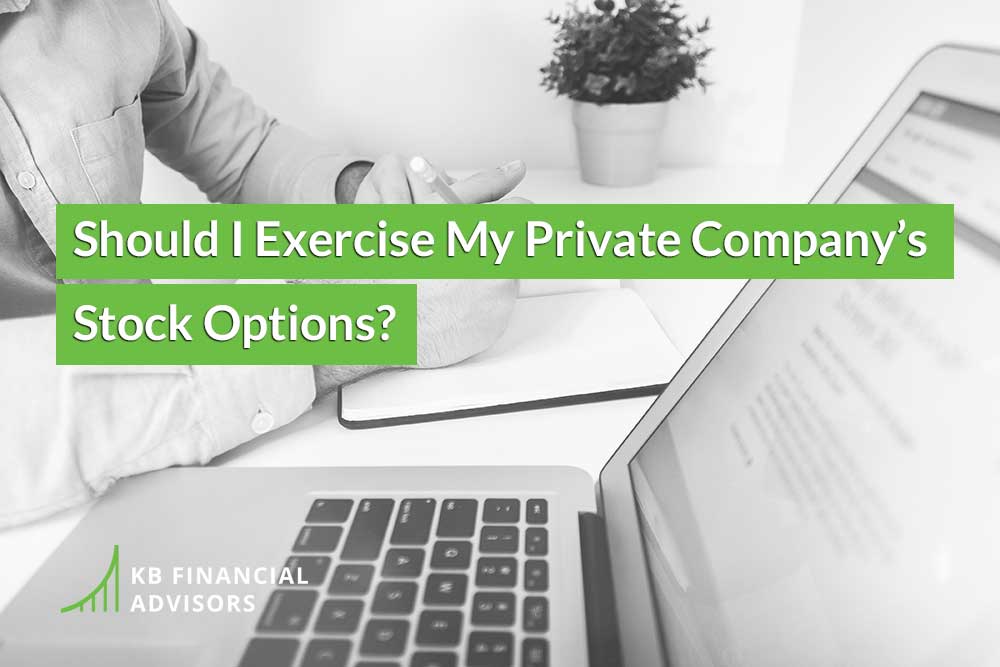When most people think of “employee benefits” these days, they think of easier-to-afford health insurance, a 401(k), and stop there.
And while those are incredible benefits, they’re far from where most employee benefit programs end…
They’re also not the only employee benefits to save money that exist to help you build wealth over the long term of your career.
In this article, I’m going to give you a run-down of some of the most common employee benefits to save money, along with a few ways you can use them to your financial advantage.
401(k) Benefits to Save Money AND Taxes
If your company offers a 401(k), use it. Even if they don’t offer a company match; use it. (If they do offer a company match—even better.)
A 401(k) lets you save money for retirement without having to pay tax on the dollars you set aside for those savings.
Basically, it’s a tax-free way to build your nest egg. The money gets taken out of your paycheck, deposited for you, and invested in your choice of funds automatically. You get to choose how much is taken out, but I suggest saving at least 2% of your paycheck. (In 2021, you can save up to $19,500 with this investment vehicle alone.)
Health Insurance Options for Employees
If you’ve ever had to buy your own health insurance, you know that the steep cost of it is a very real thing, so having an employer-funded health program is a big way to save money in and of itself.
But you don’t have to limit your financial well-being in this area to monthly savings.
Usually, you’ll have options for the plans you can sign up for: like choosing between a lower monthly payment or lower out-of-pocket expenses.
If you’re healthy, you can bet with your health and save $100 or more per month towards your investments.
On the flip side, if you have a lot of routine medical expenses in your family, you can pay more per month, but save money over the course of the year from not having to pay so much out of pocket.
Flexible Spending Accounts & Dependent Care (FSA Benefits)
If medical expenses are a significant budget item for your family, check to see if your employer offers an FSA… specifically a dependent care FSA. This is a pre-tax benefit, which means the higher your tax bracket is, the more you can save with a plan like this.
There is a limit to the amount you can put into one of these plans, so be sure to verify it with your employer, but there has been a temporary increase from the normal limits in 2021.
Using a Health Savings Account (HSA) to Save for Retirement
Pairing with your health insurance benefits, HSAs are an incredible way to build wealth and/or lessen the blow of medical costs.
With an HSA, you’re allowed to set aside money from each paycheck before taxes are taken out for your medical expenses. Better yet, the money rolls over from year-to-year, so you don’t get stuck in the “use it or lose it” conundrum if you’re healthy and don’t have to go to the doctor often.
One of the cool things about an HSA, though, is that you can choose to invest the dollars you put into it so it grows over time and gives you a nice nest egg. (If you want some help making this happen, get in touch with us here.)
Stock Options for Growing Wealth
Clearly, stock options are one of the best employee benefits to save money and add wealth to your long-term financial plan… if you have them.
There are so many cool strategies you can use, and Landon’s written lots of blog posts on our site talking about them. A good starting point is this post: “Should I Exercise My Private Company’s Stock Options?”
Life & Disability Insurance
A big reason many people want to build wealth is not to just retire, but to also provide for their family members if something bad happens to them.
If your company offers life or disability insurance, buying the policy is an inexpensive way to make sure your family is covered if something happens to you… or that you are covered if you’re injured or sick and need some coverage while you can’t work.
These plans can not only cover your living expenses, but also give you an income you can use to keep saving money while you’re disabled.
Using Your Yearly Bonus to Increase Your Savings
Getting a bonus always feels fantastic… but blowing all your bonus money on a new boat may not be the best plan; especially if you’re trying to get ahead on your retirement savings.
Exactly how you’d use your bonus money would depend on your goals and the investment moves you’re already making, and you can discuss that with your financial planner. But the idea is: if your company has a bonus program, plan on using at least some of that money for savings.
529 Plans to Save for Education
If you have children (or plan to), setting up a 529 plan is a great way to fund their education. Savings put into a 529 are pre-tax, and can also pay for K-12 education and apprenticeships… not just college education.
This takes the money you would already be spending on their education anyway, and gives you a way to save on the taxes you would pay… letting you turn that money around and place it into your investments.
How Should You Start Using YOUR Employee Benefits?
Every company’s employee benefits package is different, and so is every employee’s life situation in regards to their financial plan.
Book a discovery call today to see how we could help you meticulously comb through your different employee benefits to get the most bang for your buck out of them.
We’re looking forward to it!



